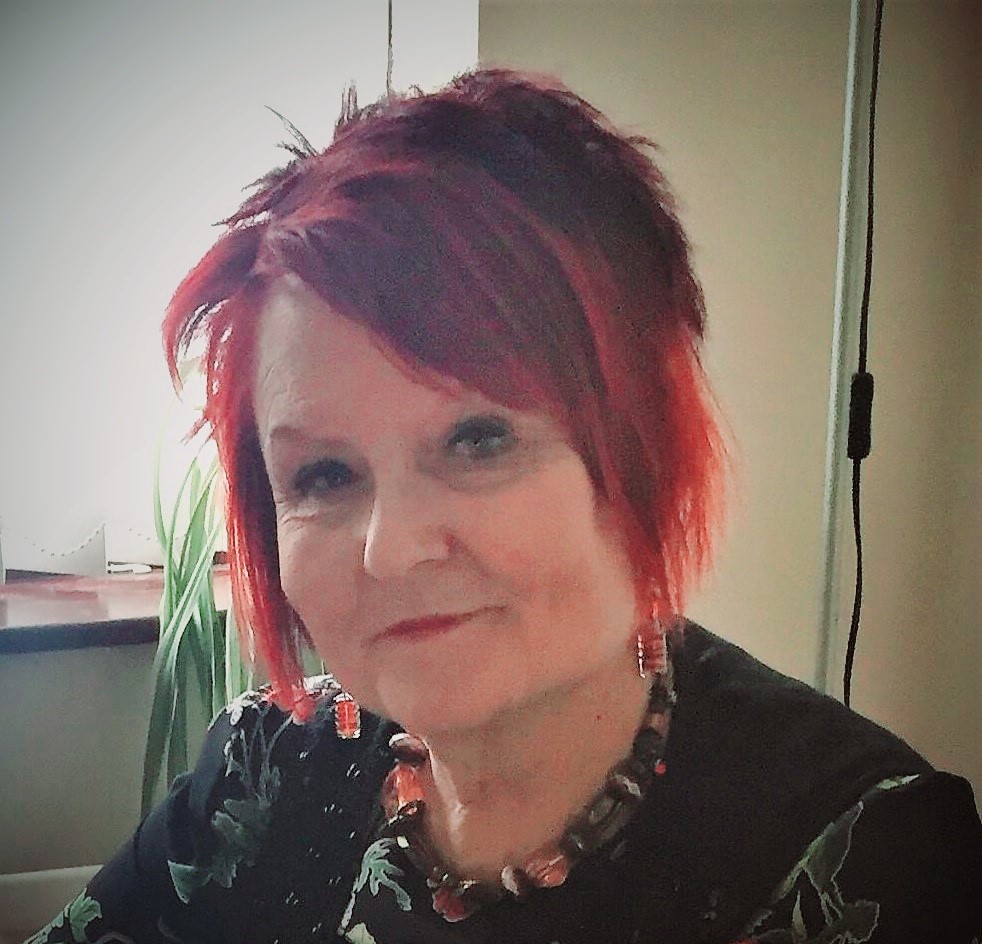I know what it feels to be bullied at work and to be made to feel incompetent, useless, and a failure. In my case, my boss was the bully. It was an abuse of power. And it can happen to anyone.
I can't quite remember when the bullying started. Like any abuse of power, it was a subtle process. I hadn't experienced it before so had no idea what was happening to me. I guess I was in denial for a long time. And in many ways the bullying remained hidden as it was done 'behind closed doors'. What I do remember is that it went on for a long time, day in and day out. Relentless. A slow, dehumanising process.
I went, within a few months, from being a competent, confident employee to one who was constantly off sick, feeling a failure – drowning even. Even my best was just not good enough. Whilst the company's mission statement was one which emphasised no tolerance of bullying or intimidation, in everyday working life this was far from the truth.
I continued working long hours. But in time, I felt I was achieving less and less. My staff began to turn against me and I was left isolated. I felt no one wanted to talk to me. I felt no one wanted to be associated with me. My reputation seemed to be in tatters. The sense of loneliness and futility felt overwhelming,
My sense of failure and anger spilled over into my personal life and I started pushing people away. I was probably hard to live with. My work mattered to me; I spent many hours upon reflection, too many in my workplace. Appearing to be engaged in my work but feeling like a cardboard cut-out figure in the workplace became the role I adopted. It was an act. I felt conflicted.
Eventually, I went off sick and my GP prescribed anti-depressants. Through therapy I came to realise that I had lost my identity. My work/life balance was non-existent and I had become institutionalised. I had come to believe it was my fault that targets were not being met, despite my best efforts and working all hours. With help, I learnt that I was not indispensable. No matter how good I thought I was, there was always someone else lined up to replace me.
I eventually went off long-term sick and never returned. The days and months that followed were a blur. On those days when I could see more clearly, I had to face some hard truths. Perhaps I had turned into a bully? Maybe I was behaving towards others in the same way I was being treated. It often happens. And I had to deal with the consequences of that. I was depressed. And I didn't like myself much. Why would anyone else like me?
Slowly I began to put the pieces together again; once I had the confidence to leave the house I joined a course, did some volunteering, met new people. All this took time.
Eventually I decided to retrain and become a therapist myself. It was a good way to re-build my life and help others.
Now, when clients come to me with similar issues they face in the workplace, I feel I am in a good position to help clients realise that it is important:
- to get a work/life balance
- if we feel we are not being heard, developed or respected then we may need to think about leaving
- to face the reality that sometimes we have to stay in the job for now; if so, we can reduce our stress levels by keeping each task short, take breaks when getting tired and remain polite and honest with our colleagues
- not to take on too much at any one time, ask for help, reward ourselves when we have achieved something and be realistic
- to make sure we draw a line between work and home. Then we don't take work home with us
- if there is a lack of support, approach the human resources department or trade union
- to develop good relationships with our colleagues. They can help us build up a network and feel less isolated
- not to get involved in gossip
- to find common ground with others
- to maintain healthy boundaries in our personal and working lives
Sadly, the evidence remains that work-related stress is on the rise even though employees are our greatest asset. British employers lose 70 million working days a year. And it has an immeasurable impact on our mental health.
Mine was an extreme case but I hope it shows that there is a life after workplace bullying and harassment. It forced me to reflect on my own behaviour and I now know I am a far kinder and more supportive individual than I was before. It was a hard lesson to learn, but I have learnt from it and now I help others who find themselves in a similar situation.

